Humans of Harker: He’s got his “ion” teaching
Michael Eng passes on knowledge through education
“There’s a very limited number of subjects, and there’s a lot of people on earth. It’s very hard to be the best at anything. My goal would be to help other people be the best that they can because it’s very pleasing to see whoever you teach finally understand [the topic].” Michael Eng (12) said.
“During the Jahiliyyah period, this structure may have housed 360 idols of the god Hubal. Each year, this structure is draped with a new embroidered—”
Buzz.
Memorial Day weekend, the end of Michael Eng’s (12) sophomore year. In the sweltering humidity of Atlanta’s onsetting summer heat, Michael sports his trademark neon orange shirt, just one of dozens that he has been collecting since fourth grade. Onstage, he faces another group of junior varsity quiz bowl competitors in the ultimate test of pure knowledge. It’s a neck-and-neck tie, and this last question will determine which of the opposing teams will carry home the victory.
“Kaaba.”
Two years later, as he recalled his sophomore moment of victory, Michael said with a cheeky grin, “I got the answer right.”
In the world of quiz bowl, even the deepest repository of knowledge doesn’t automatically determine the winner. Rather, it’s the ability to derive the answer from an offhand batch of clues provided by the moderator, followed by the sheer speed at which the competitor’s hand makes contact with the buzzer.
“When you’re buzzing in, you hear a bunch of gibberish, a bunch of clues that you’re completely unfamiliar with. But then there’s that one thing that you know, and in that moment, you think, ‘Oh, wow, I actually might know this,’ and then you press the button on the buzzer,” Michael said, miming his movements as he relived the moment. “The aim of the game is to try to make as few clues seem difficult.”
On the quiz bowl team, all members subject their frenzied foray of knowledge on one specific subject, usually distinct from that of their fellow team members. For Michael, his expertise lies in chemistry.
“He’s really put a lot of effort into becoming a better player,” said Nathan Ohana (12), close friend and fellow quiz bowl member. “We’ll hear a question during quiz bowl practice, and he could rant on about [the answer] for 10 minutes. Even though that one clue is supposed to be the hardest clue, Michael instantly knows everything about it.”
Finding his niche, though, took a while.
Michael first joined quiz bowl in middle school, determined to focus on expanding his knowledge of history. But with history being a difficult and extremely competitive subject in competitions, he eventually decided to switch his area of study in high school.
“In second semester of sophomore year, I was feeling really sad because I had all these tests coming up and my grades were slipping,” Michael said. “Then, Kyle [Li (‘20), the 2018-19 quiz bowl captain] said, ‘Wow, Michael, you’re really good at those chemistry questions,’ and that really boosted my confidence.”
That summer, Michael took it upon himself to self-study even more chemistry. And when school picked up again in the fall, Michael took the organic chemistry course with upper school chemistry teacher Dr. Casey Brown, delighted to further his interest in the subject.
“At first, he was just another kid that walked in my room, but boy, did that change over time,” Dr. Brown said. “Michael is exceptional.”
Michael attended Brown’s inaugural class of organic chemistry, and Dr. Brown noticed that Michael’s “incisive, thoughtful and clever” questions were essential in helping him realize when he was speaking too fast or needed to re-explain a concept.
“Every once in a while, you find someone who is so intrigued by a particular subject that they can’t let it go. And for Michael, that’s chemistry,” Dr. Brown said. “Chemistry structures are just what makes his brain work. That’s who he is.”
But looking back at his seven years at Harker, Michael realized that, even with chemistry, it’s simply “impossible” to be the very best at any particular academic subject.
“There’s a very limited number of subjects, and there’s a lot of people on earth. It’s very hard to be the best at anything,” Michael said. “My goal would be to help other people be the best that they can because it’s very pleasing to see whoever you teach finally understand [the topic].”
Out of this revelation sprung Michael’s desire to someday become a professor, someone who could do research and also teach others. Over this summer, he had his first opportunity to practice and refine his teaching methods as one of Harker’s AP Chemistry T.A.s.
“Michael has a professorial manner, and it’s not boring or didactic,” Dr. Brown said. “[As a T.A.], his approach was thoughtful, his explanations were clear, his pacing was reasonable. He did a great job.”
Gordon Chen (10), a quiz bowl member and one of Michael’s many summer chemistry students, felt that he has benefited greatly in both ways under Michael’s assiduous style of tutelage.
“My favorite quality about him is his empathy,” Gordon said. “I am two years below him, so I am going through a lot of things he went through before, and he’s been there every step of the way to make sure that I am comfortable. It goes beyond quiz bowl–he really understands what you go through, and he makes sure to help you out.”
Sometimes staying up past 2 a.m., Michael readily answered all Facetime calls, frantic last-minute text questions and emails, explaining concept after concept. Though the process could seem time-consuming, Michael says that it would frustrate him more if the students left the call without fully understanding how to approach the problem. Teaching provided Michael with a sense of closure when his students finally learned everything they needed to know.
“This was the first instance where I was in an official teaching capacity, and I really think that that is when I knew what I wanted to do, or what I wanted to strive to do,” Michael said. “Whether or not I end up in an official teaching position, I’ll make sure that my occupation involves explaining things, teaching things.”
In fact, Michael has been teaching for far longer than he realized. Michael has a younger sister with Down syndrome, and with her being four years younger, Michael learned to shape his methods of explaining things to help his sister understand the world around her better. Especially in elementary school, he recalls explaining math problems in different ways until she understood them, even though the next day she would forget, and he would have to explain it again.
“From a young age, I was surrounded by people who were constantly teaching and explaining things to [my sister], and that made me want to be better,” Michael said. “But I’ve also surrounded myself with people dedicated to their craft and people who are very kind and very supportive, and that has inspired me to do the same.”
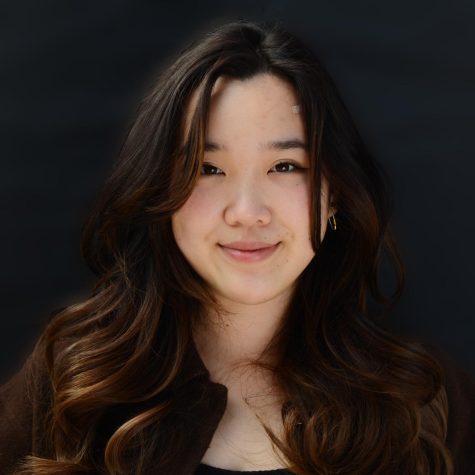
Alysa Suleiman (12) is the co-editor-in-chief of Harker Aquila. This is her fourth year on staff, and she previously served as Aquila's first A&E editor,...































![Setter Emma Lee (9) sets the ball to the middle during the match against Pinewood on Sept. 12. “[I’m looking forward to] getting more skilled, learning more about my position and also becoming better friends with all of my teammates, Emma said.](https://harkeraquila.com/wp-content/uploads/2023/09/DSC_4917-2-1200x795.jpg)








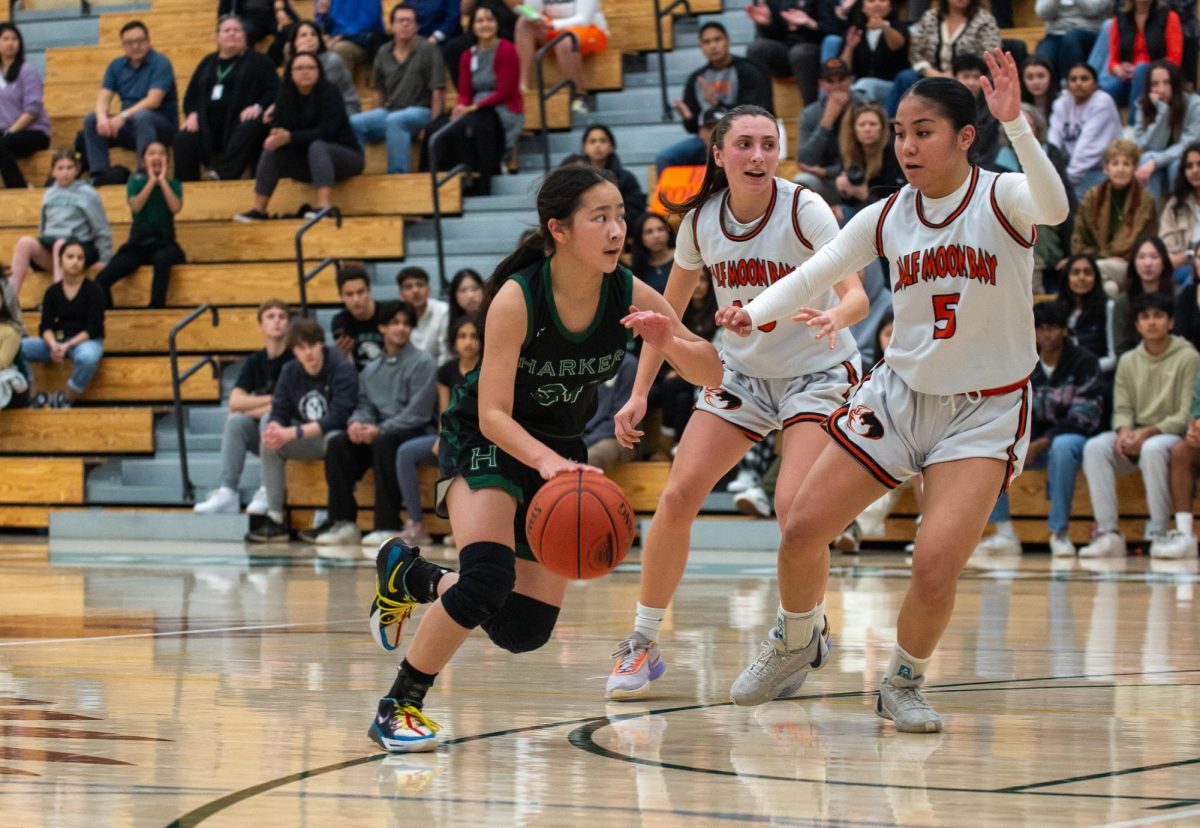























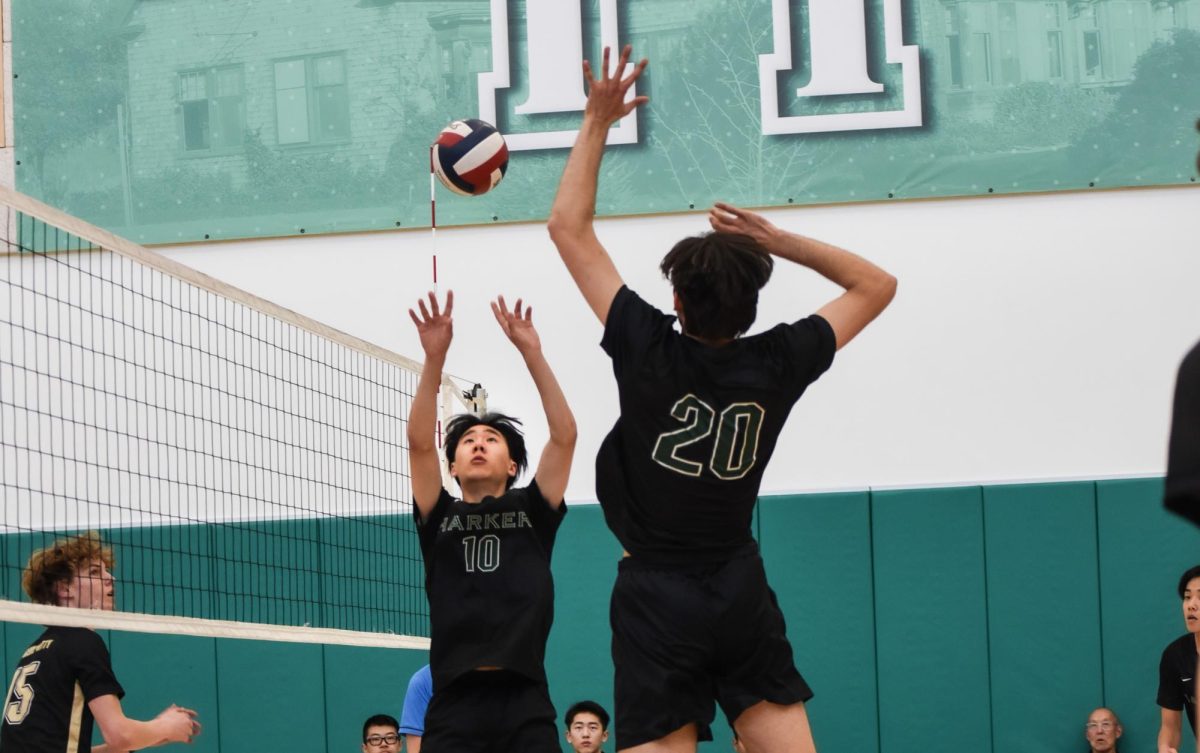
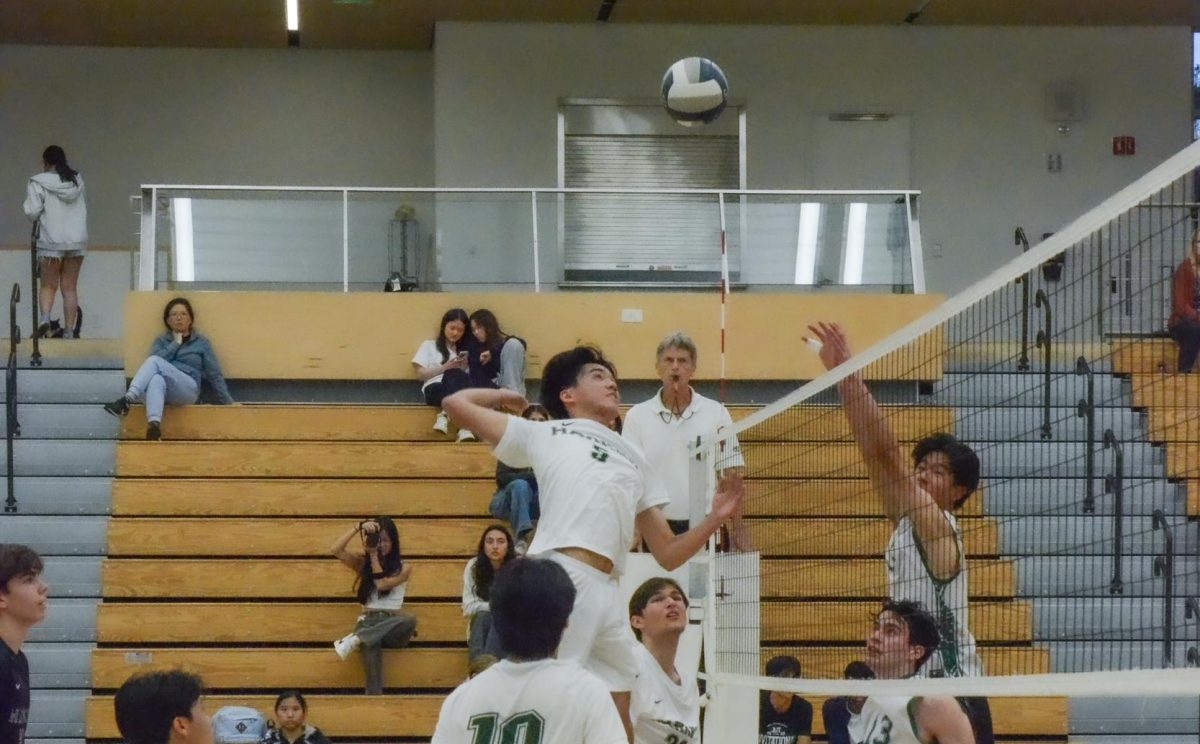
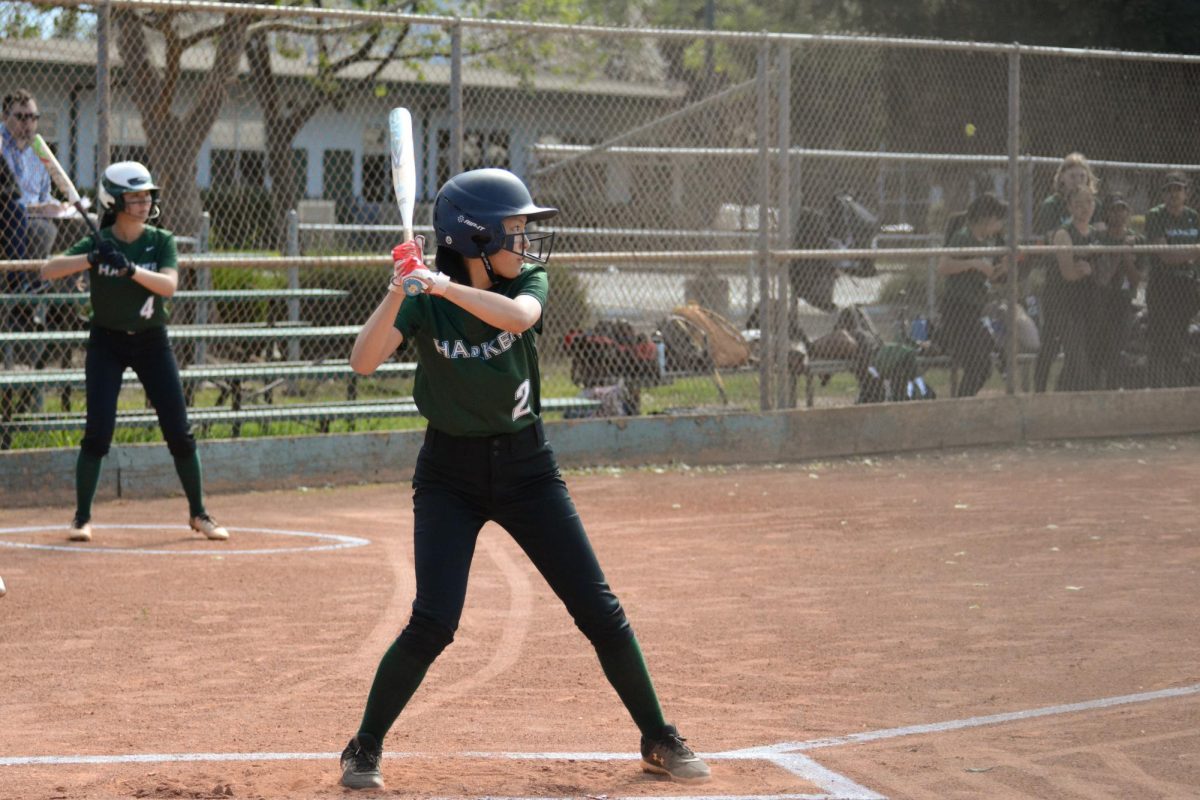
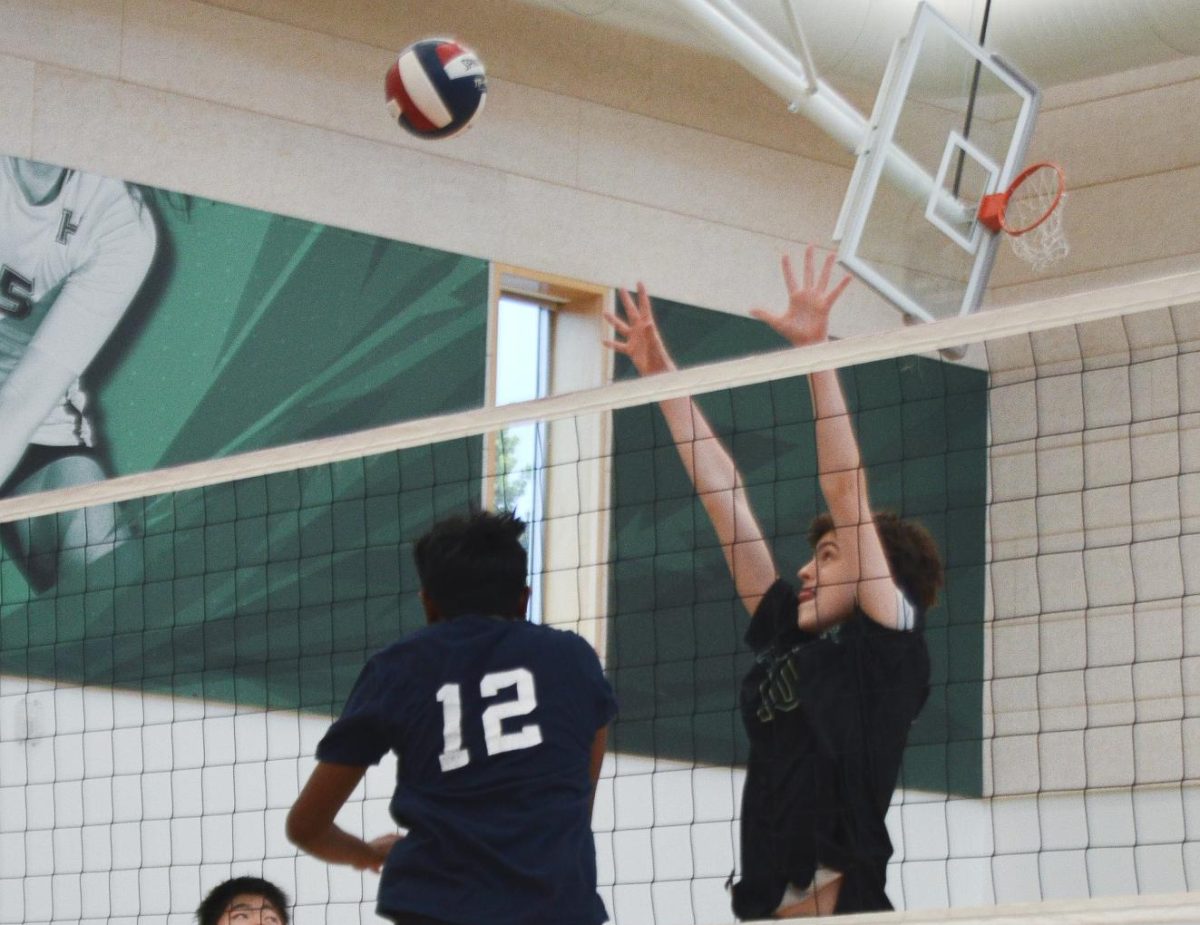
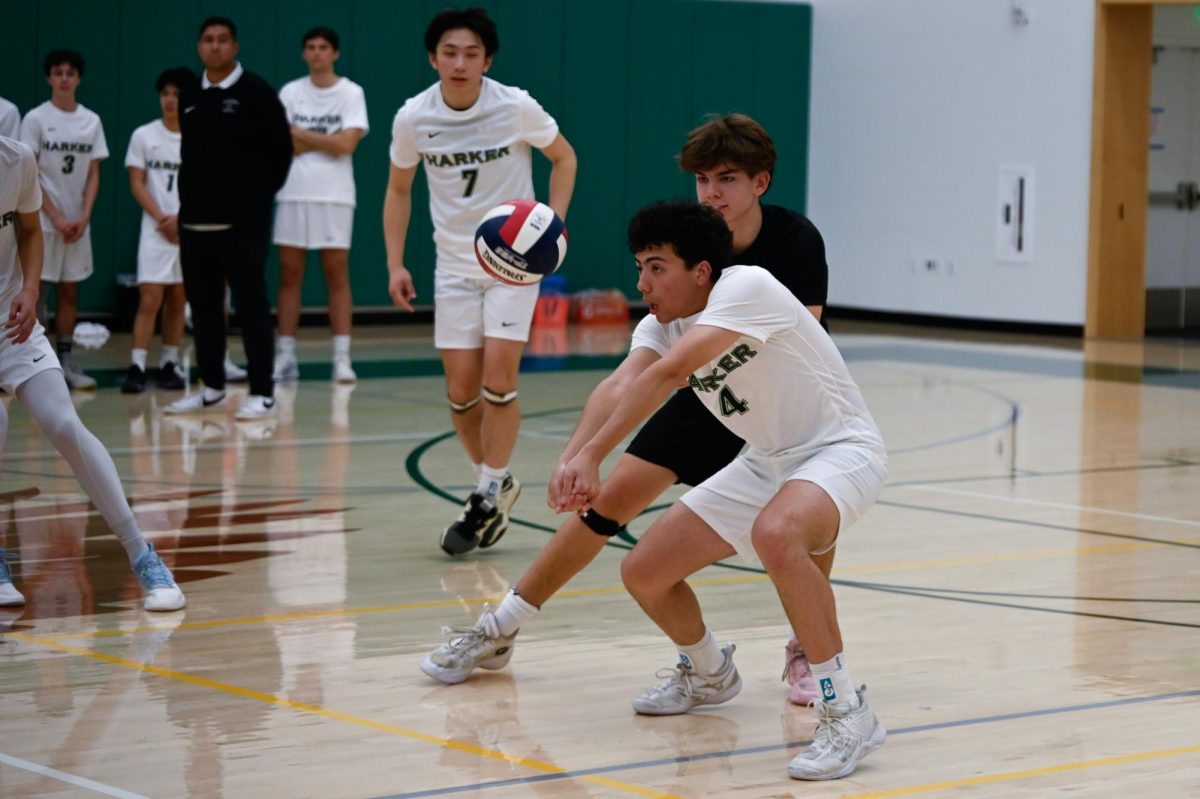



























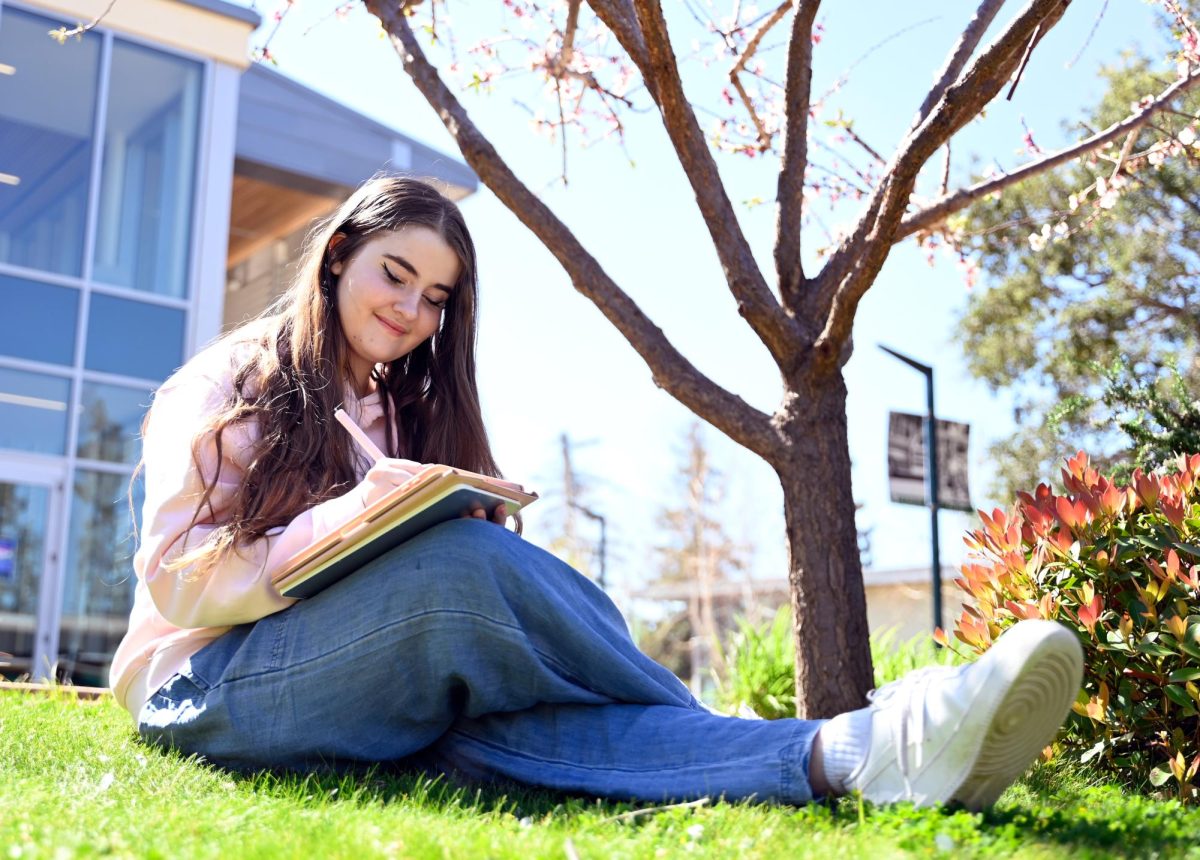
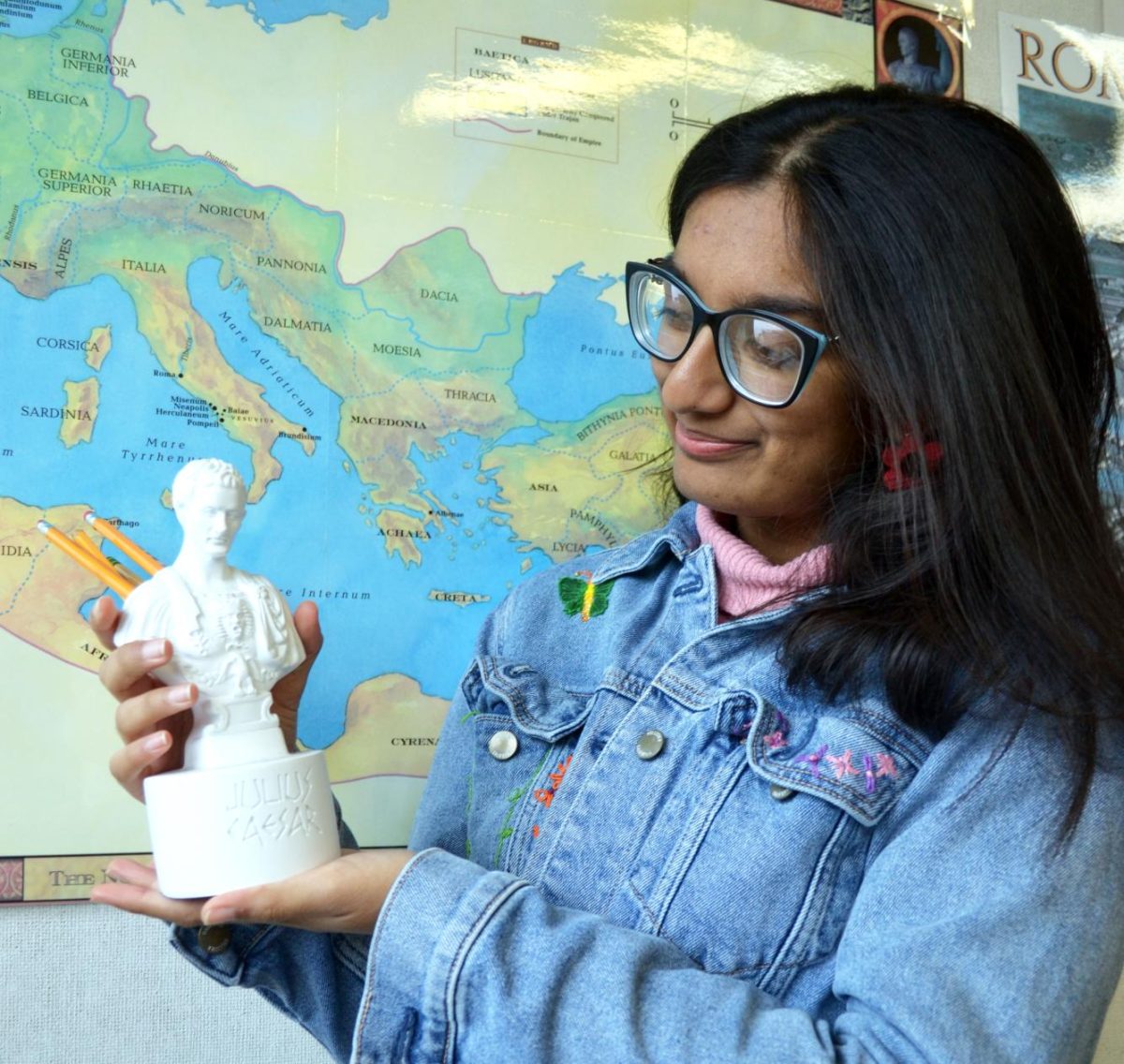
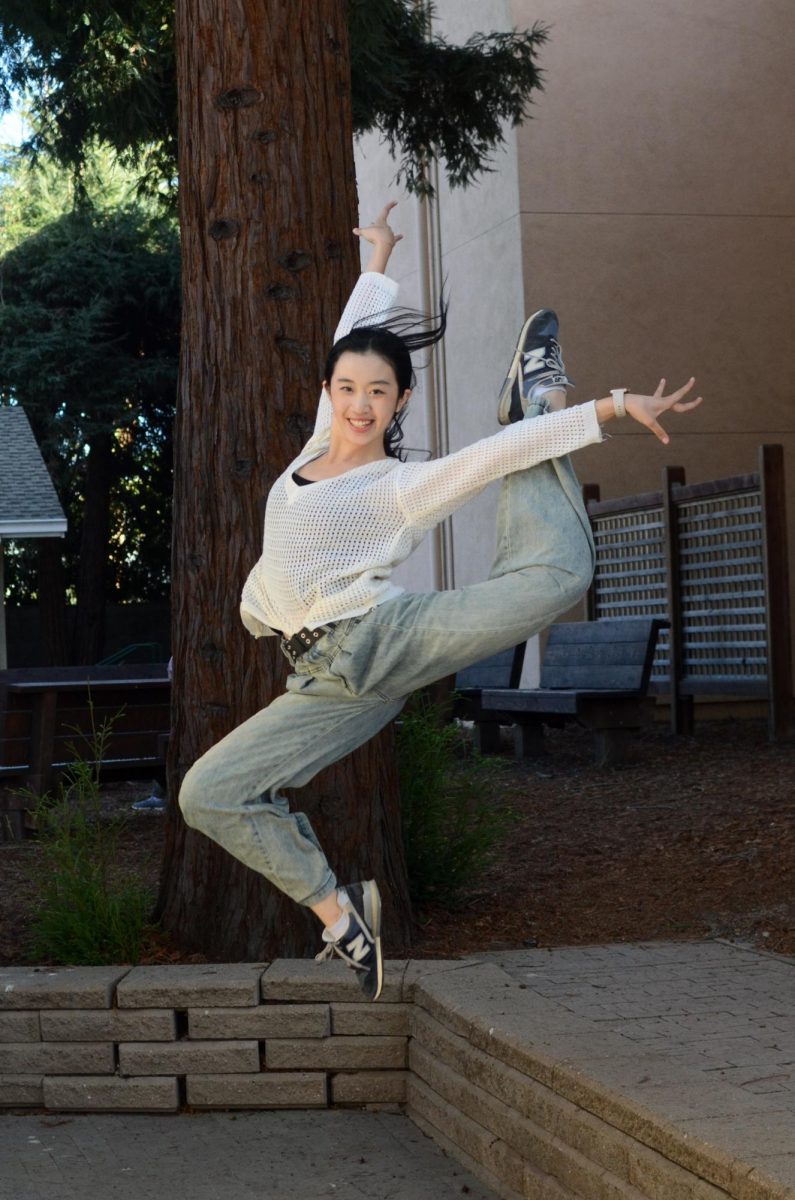
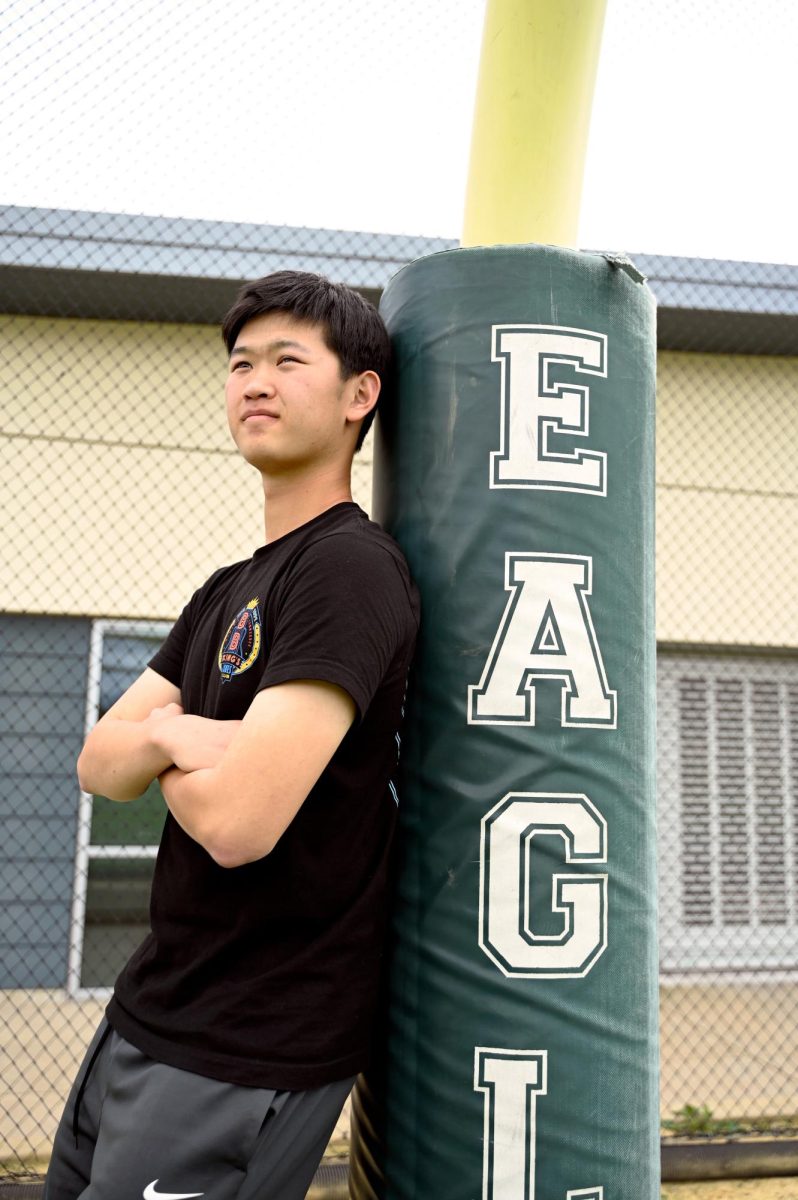
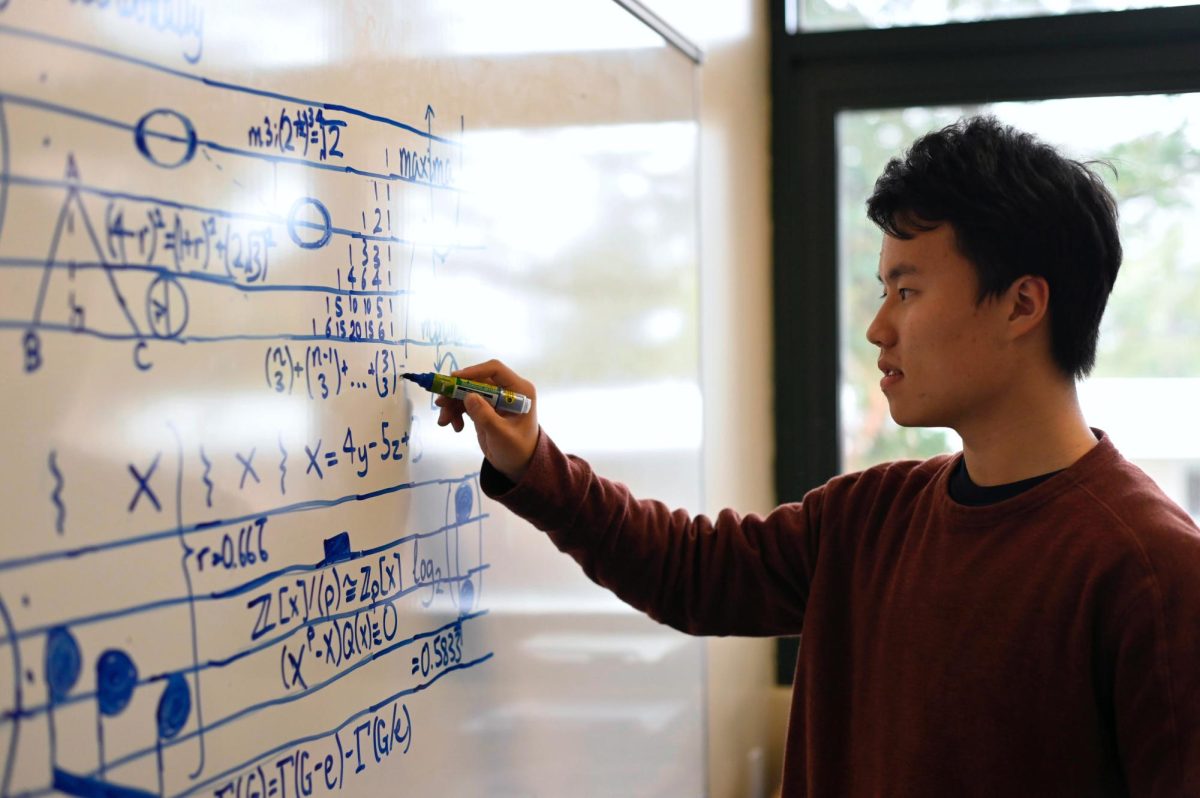
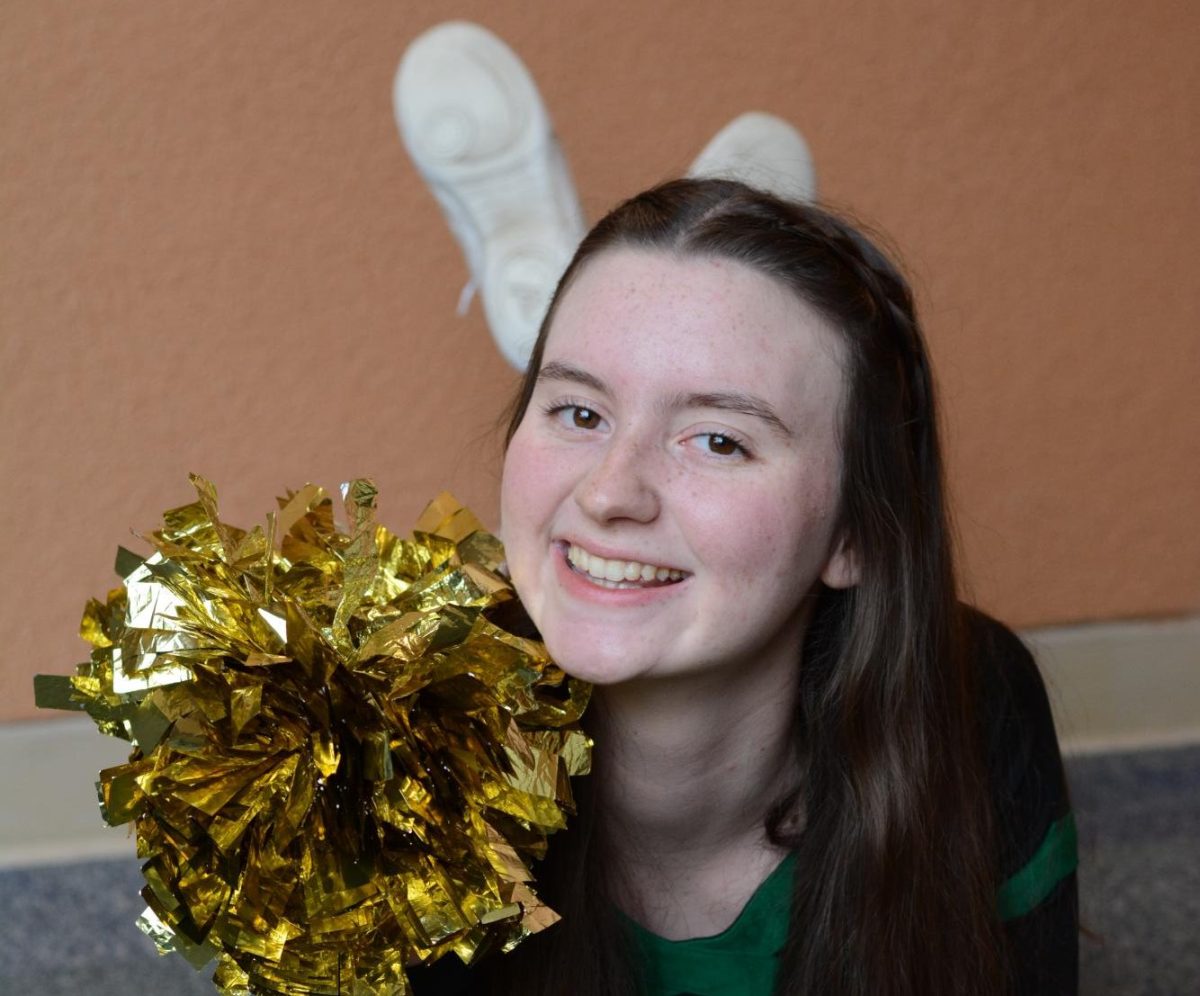








![“[Building nerf blasters] became this outlet of creativity for me that hasnt been matched by anything else. The process [of] making a build complete to your desire is such a painstakingly difficult process, but Ive had to learn from [the skills needed from] soldering to proper painting. Theres so many different options for everything, if you think about it, it exists. The best part is [that] if it doesnt exist, you can build it yourself, Ishaan Parate said.](https://harkeraquila.com/wp-content/uploads/2022/08/DSC_8149-900x604.jpg)


![“Animation just clicked in a way. I had been interested in art, but that felt different. [Animation] felt like it had something behind it, whereas previous things felt surface level. I wasnt making that crazy of things, but just the process of doing it was much more enjoyable, Carter Chadwick (22) said.](https://harkeraquila.com/wp-content/uploads/2022/08/Screen-Shot-2022-08-16-at-9.44.08-AM-900x598.png)


![“When I came into high school, I was ready to be a follower. But DECA was a game changer for me. It helped me overcome my fear of public speaking, and its played such a major role in who Ive become today. To be able to successfully lead a chapter of 150 students, an officer team and be one of the upperclassmen I once really admired is something Im [really] proud of,” Anvitha Tummala (21) said.](https://harkeraquila.com/wp-content/uploads/2021/07/Screen-Shot-2021-07-25-at-9.50.05-AM-900x594.png)



![“[Volleyball has] taught me how to fall correctly, and another thing it taught is that you don’t have to be the best at something to be good at it. If you just hit the ball in a smart way, then it still scores points and you’re good at it. You could be a background player and still make a much bigger impact on the team than you would think,” Anya Gert (’20) said.](https://harkeraquila.com/wp-content/uploads/2020/06/AnnaGert_JinTuan_HoHPhotoEdited-600x900.jpeg)

![“Im not nearly there yet, but [my confidence has] definitely been getting better since I was pretty shy and timid coming into Harker my freshman year. I know that theres a lot of people that are really confident in what they do, and I really admire them. Everyones so driven and that has really pushed me to kind of try to find my own place in high school and be more confident,” Alyssa Huang (’20) said.](https://harkeraquila.com/wp-content/uploads/2020/06/AlyssaHuang_EmilyChen_HoHPhoto-900x749.jpeg)













![“My slogan is ‘slow feet, don’t eat, and I’m hungry.’ You need to run fast to get where you are–you arent going to get those championships if you arent fast,” Angel Cervantes (12) said. “I want to do well in school on my tests and in track and win championships for my team. I live by that, [and] I can do that anywhere: in the classroom or on the field.”](https://harkeraquila.com/wp-content/uploads/2018/06/DSC5146-900x601.jpg)

![“I think getting up in the morning and having a sense of purpose [is exciting]. I think without a certain amount of drive, life is kind of obsolete and mundane, and I think having that every single day is what makes each day unique and kind of makes life exciting,” Neymika Jain (12) said.](https://harkeraquila.com/wp-content/uploads/2017/06/Screen-Shot-2017-06-03-at-4.54.16-PM.png)






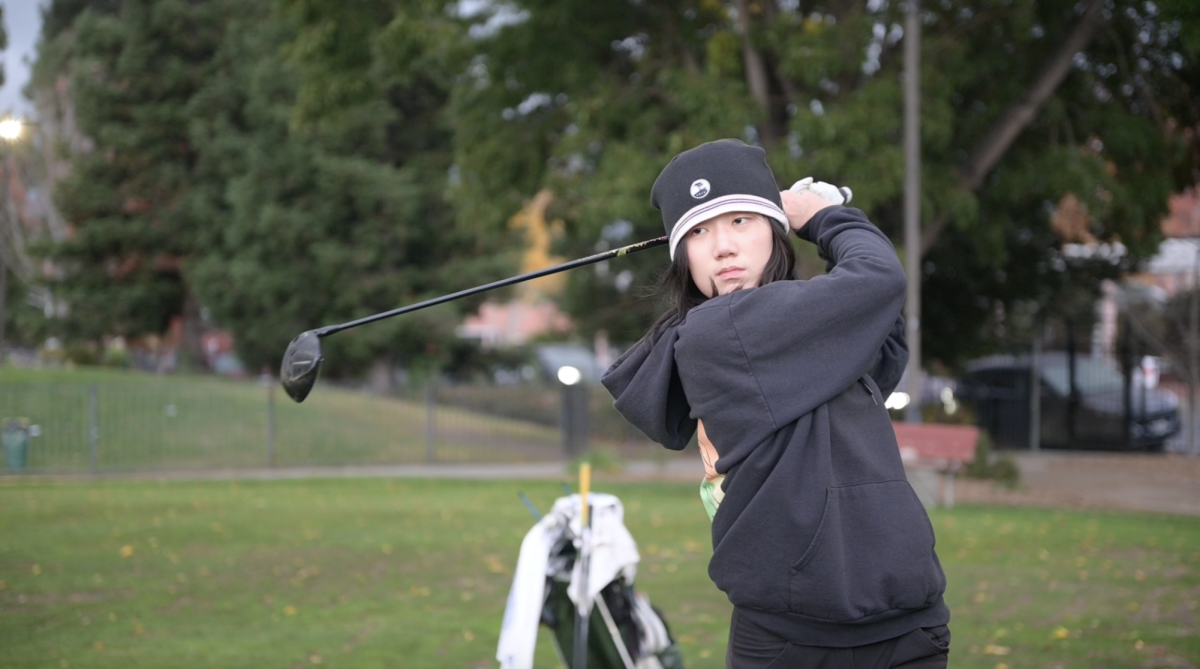
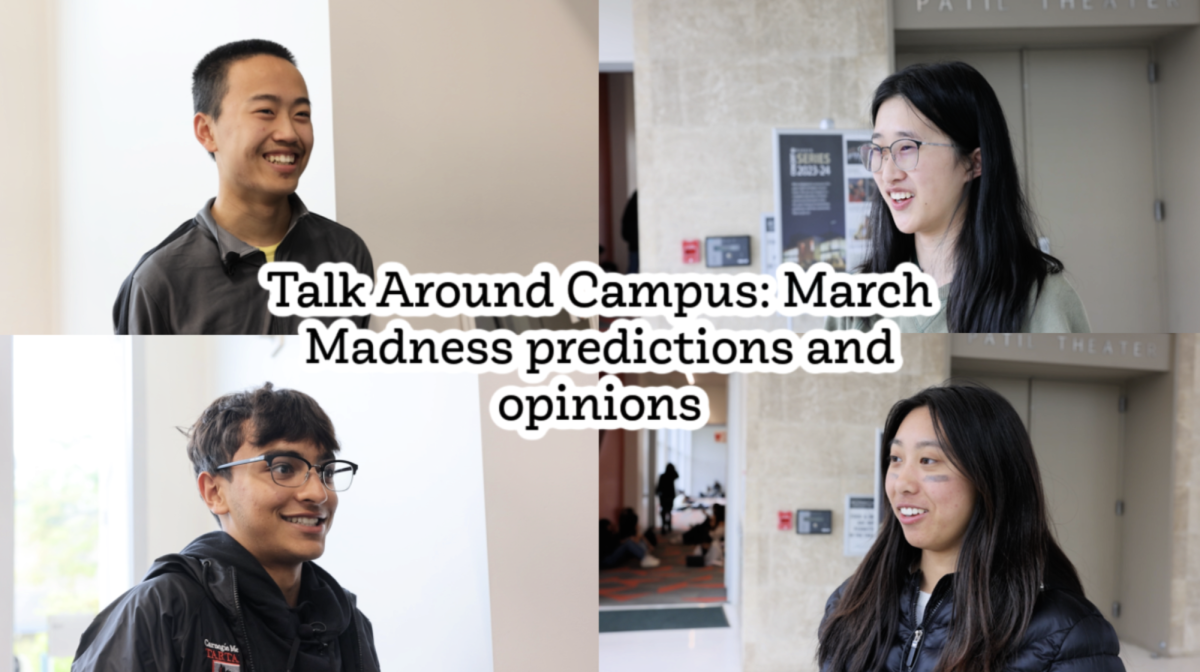
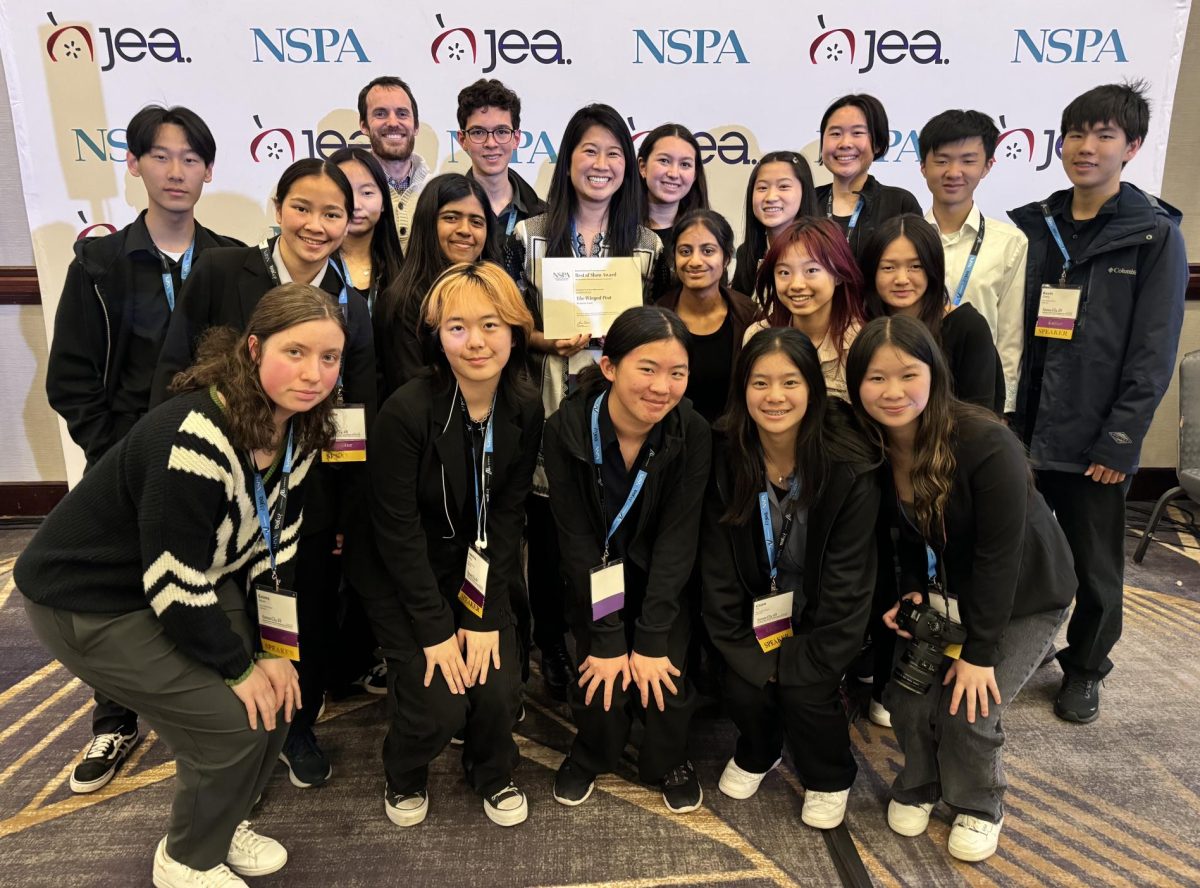


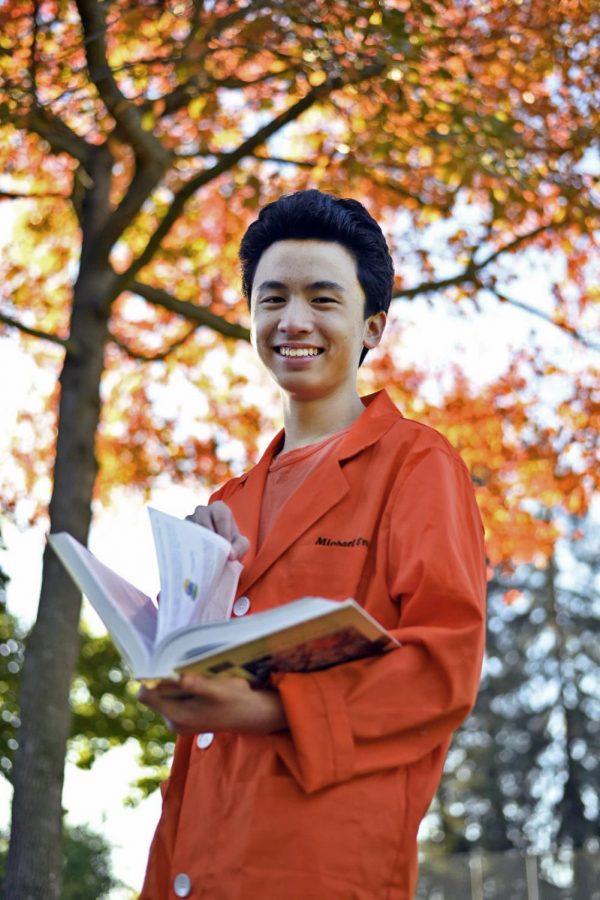
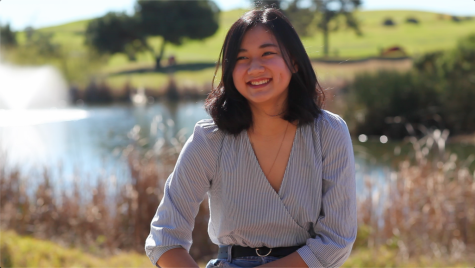
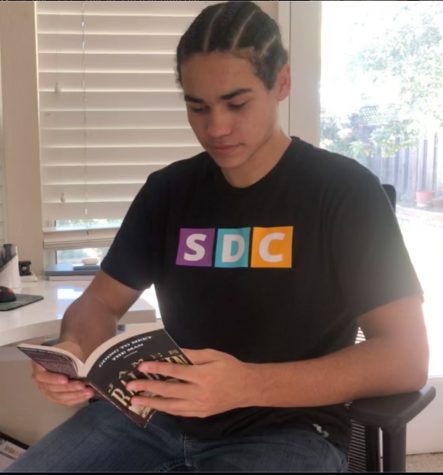
![“When I came into high school, I was ready to be a follower. But DECA was a game changer for me. It helped me overcome my fear of public speaking, and its played such a major role in who Ive become today. To be able to successfully lead a chapter of 150 students, an officer team and be one of the upperclassmen I once really admired is something Im [really] proud of,” Anvitha Tummala (21) said.](https://harkeraquila.com/wp-content/uploads/2021/07/Screen-Shot-2021-07-25-at-9.50.05-AM-475x314.png)
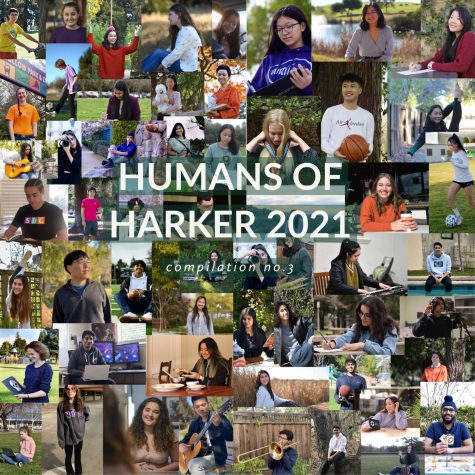
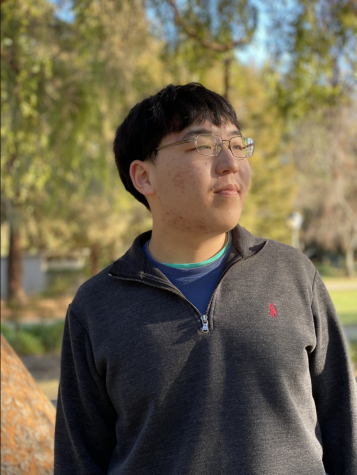
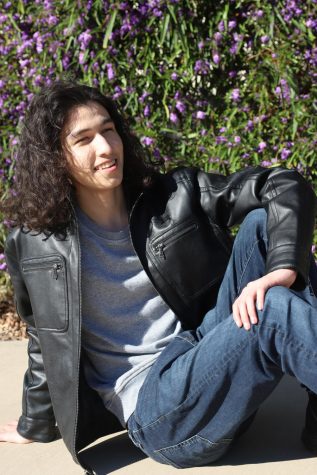
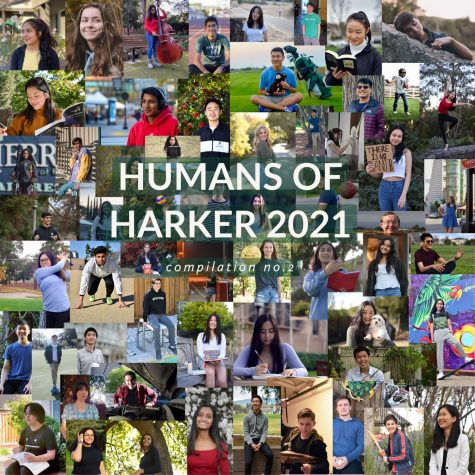
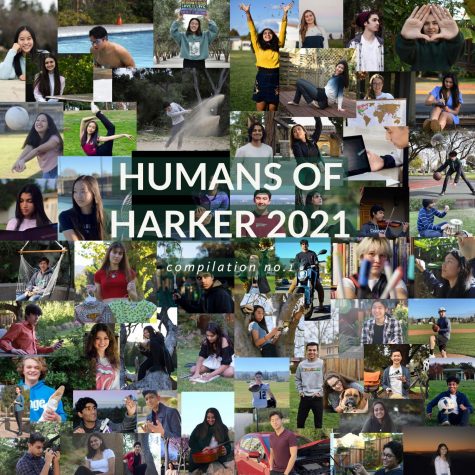
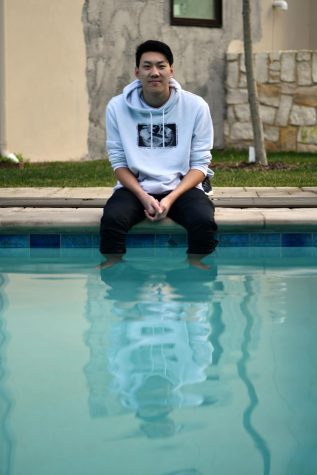
![“Playing football, being a DECA mentor and leading spirit rallies ... I always had a lot of fun doing it, but it was only around the second half of junior year to now where I’ve witnessed the impact that I’ve made not only to my friends but to the underclassmen Ive worked with,” Rohan said. “[Its] something that I never expected but it makes it worth it, Rohan Varma (12) said.](https://harkeraquila.com/wp-content/uploads/2021/06/rohanvarma_sabrinazhu_hoh-475x317.jpeg)